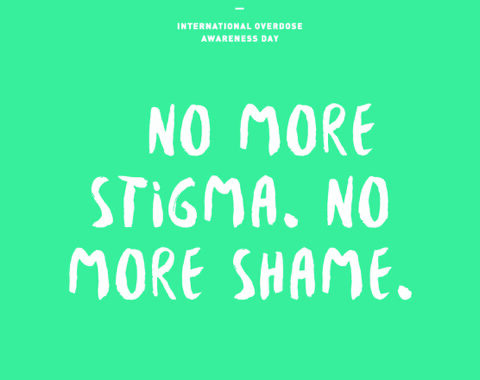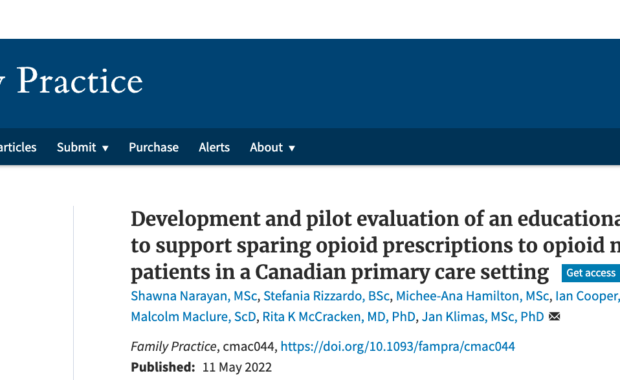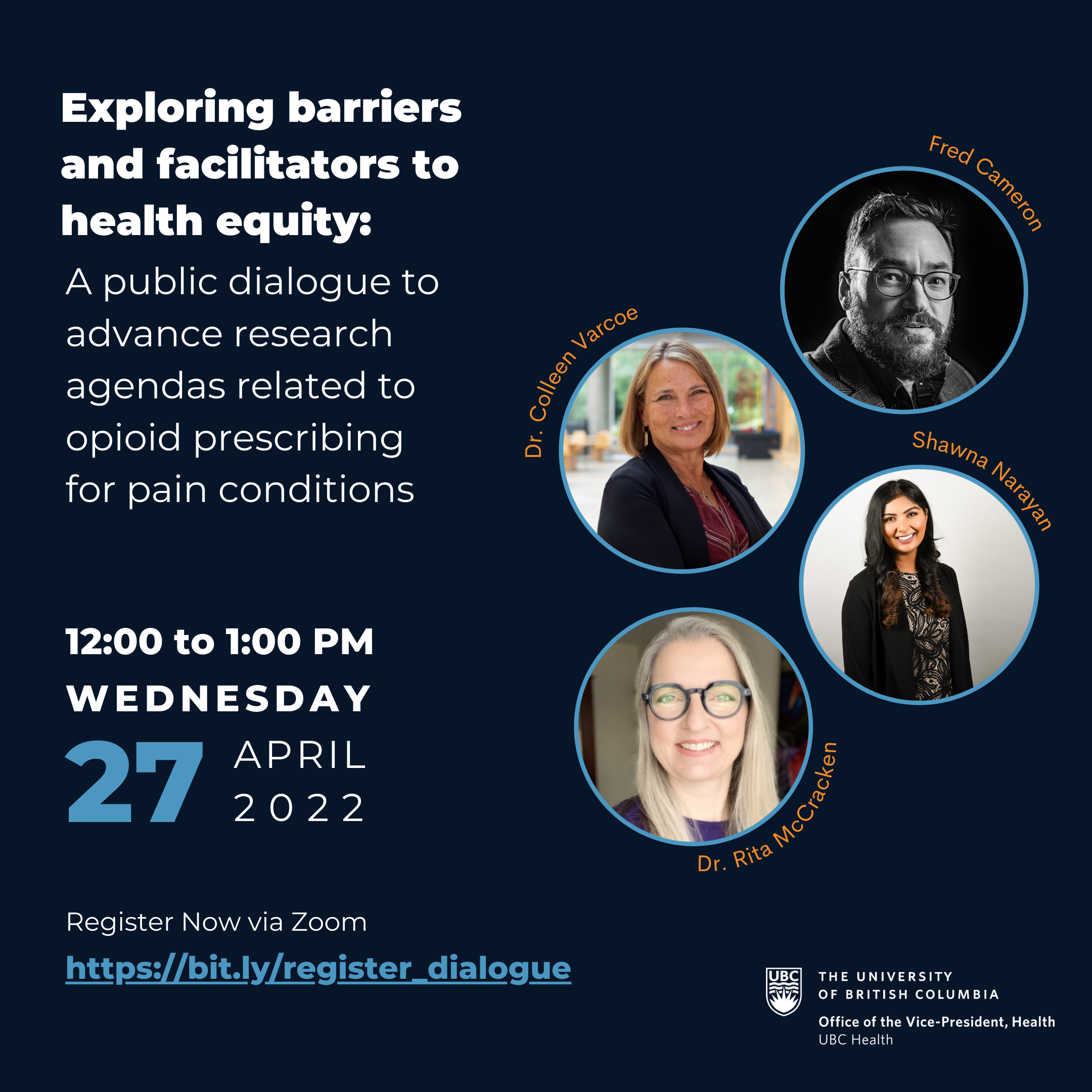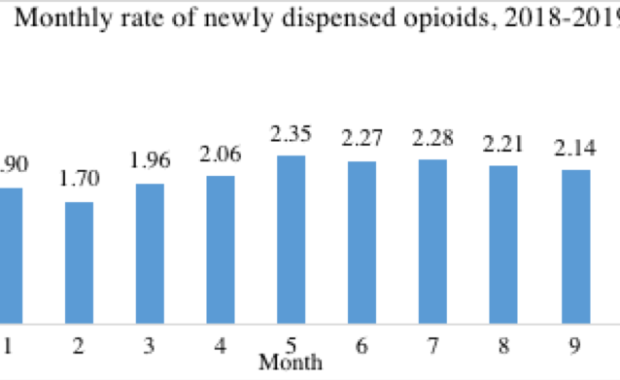Dennis McCarty, Ph.D., an Emeritus Professor in the School of Public Health at the Portland State University and Oregon Health & Science
Why inequality hinders effective pain relief for opioid naive people
Equitable access to care is problematic; some people get it, most are left out. The REDONNA study (https://doi.org/10.1016/j.cct.2021.106462) began
Finding 1239 primary care clinics using license registry algorithm
Some Canadians have limited access to longitudinal primary care, despite its known advantages for population health. Current initiatives to transform
Family physician and practice characteristics in audit and feedback
Audit and feedback interventions elicit behaviour change by describing existing patterns of behaviour and providing education about desired ideal
Can online training uplift opioid sparing strategies?
Opioid analgesic prescribing has been in trouble for decades in North America. Things are changing, though. Still, there’s room to adjust care,
Exploring barriers and facilitators to health equity
[April 27] The ongoing opioid crisis continues to inflict serious harms on thousands of British Columbians. Some harms are due to initiation of opioid
Newly started primary care opioid prescriptions plateaued in 2018-2019
Our new study published in the Canadian Journal of Addiction found plateauing rates of new starts of opioid analgesics in British Columbia in
Mentoring helps physicians publish more peer-reviewed papers, study says
Physician scientists help advance the science of addiction medicine, yet prior studies have not looked at better ways of increasing publication
Where science meets meditative solutions
Tired, overwhelmed, or stressed out? Worried about the future and what it may bring? Then join us for the Spring Session of an 8 week meditation








